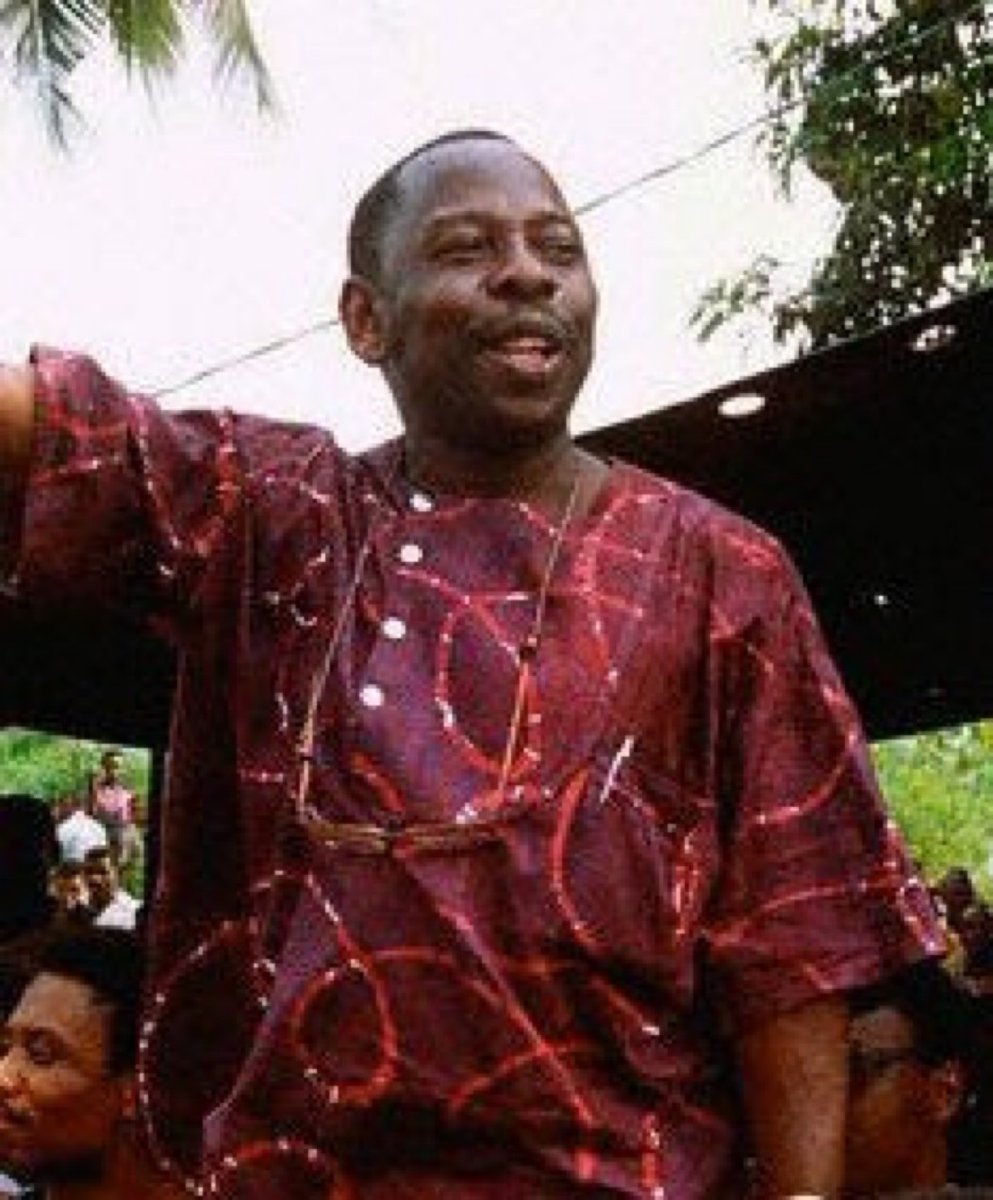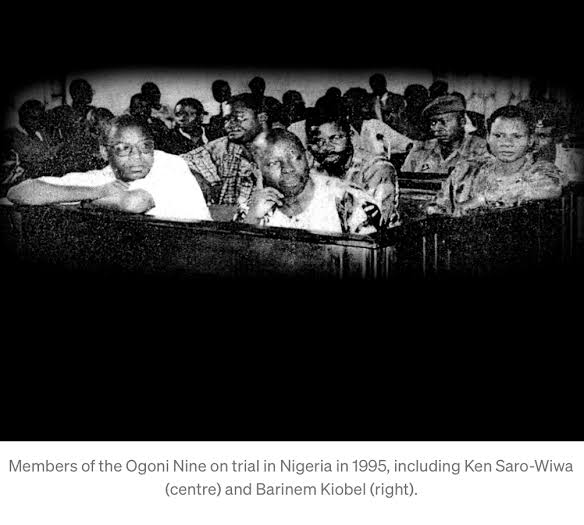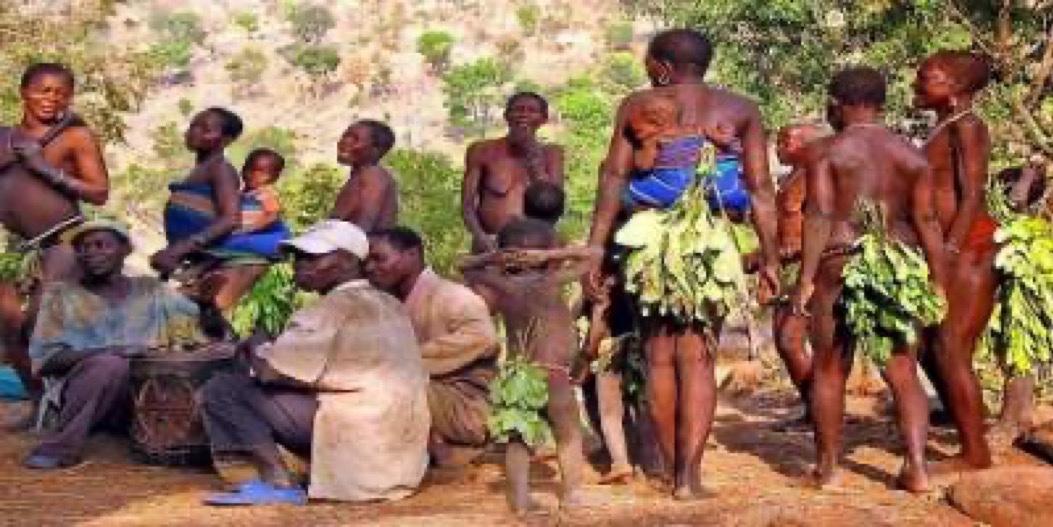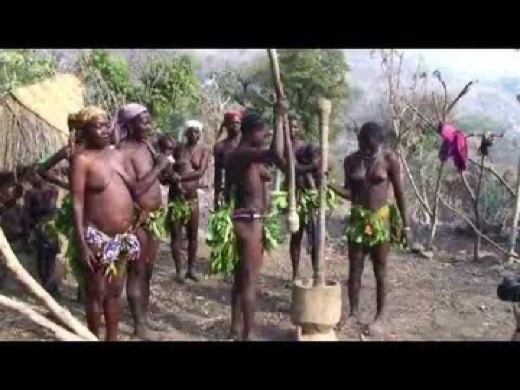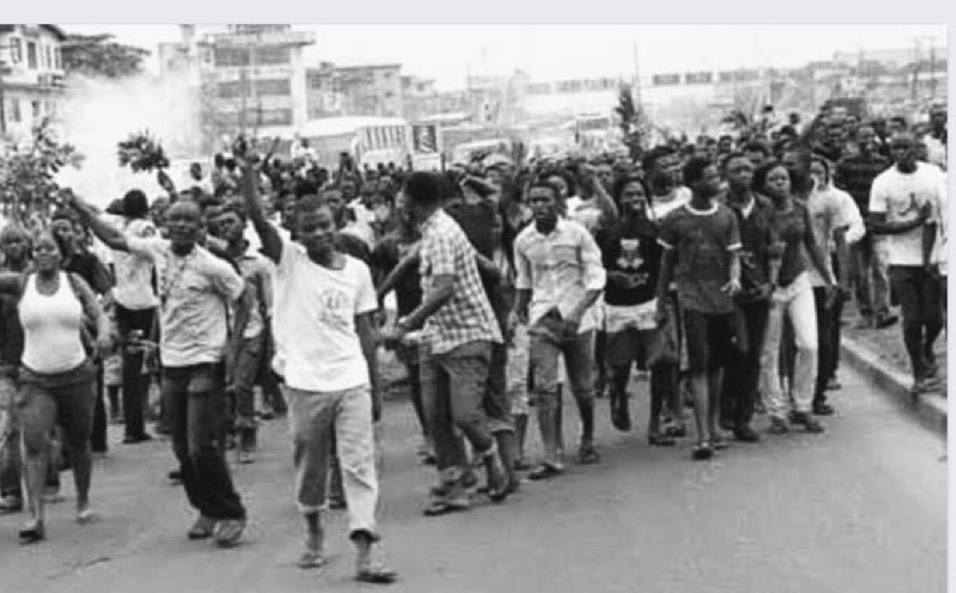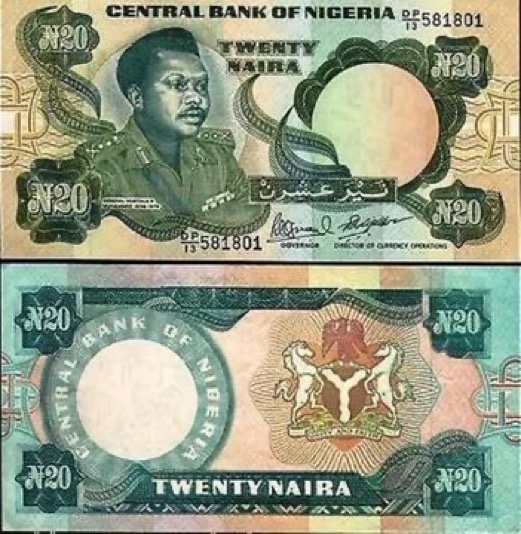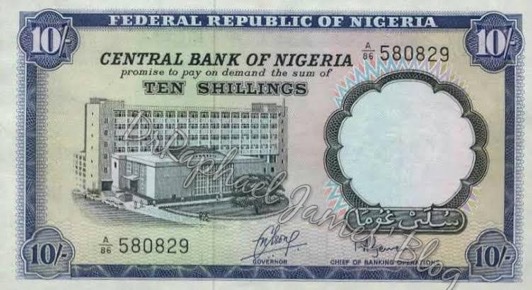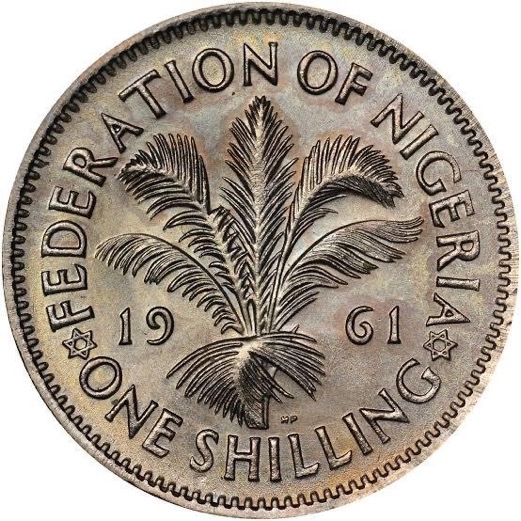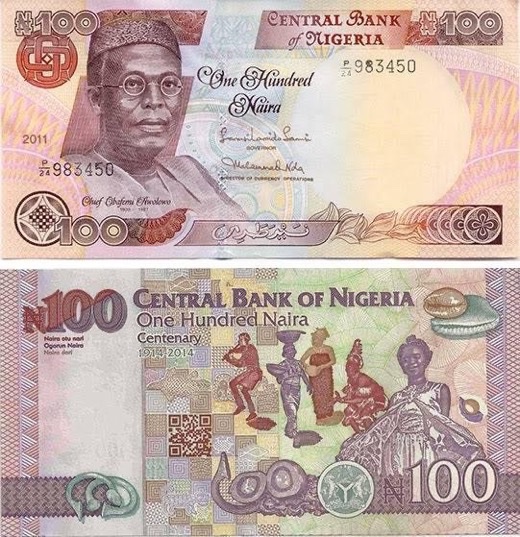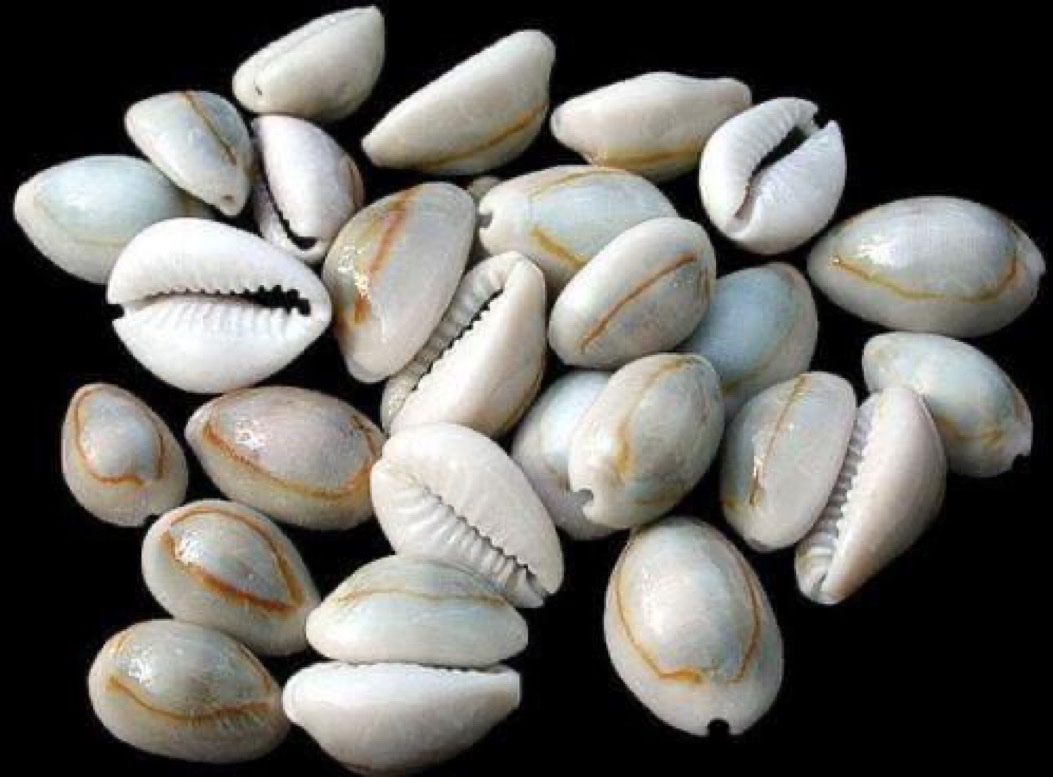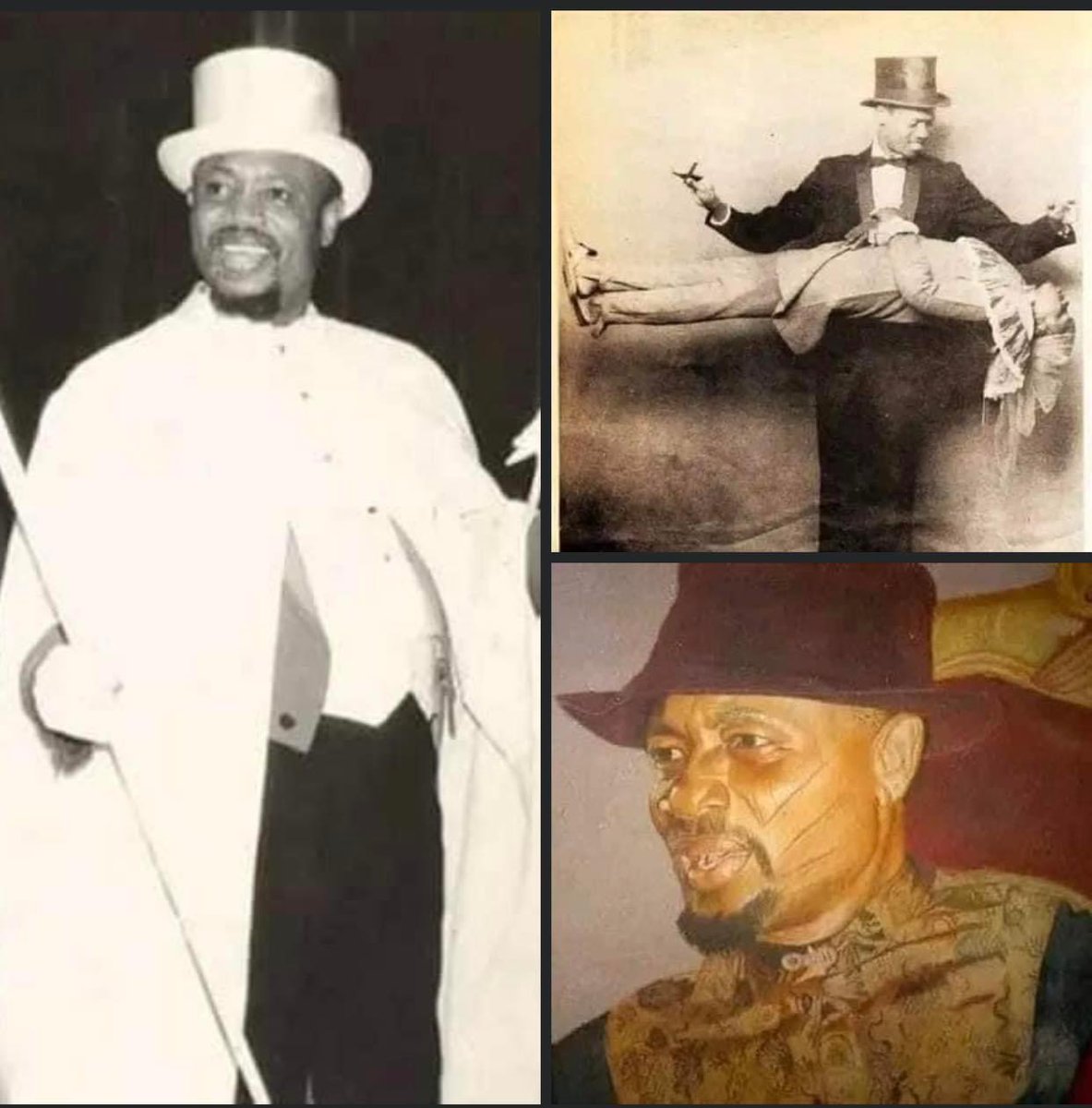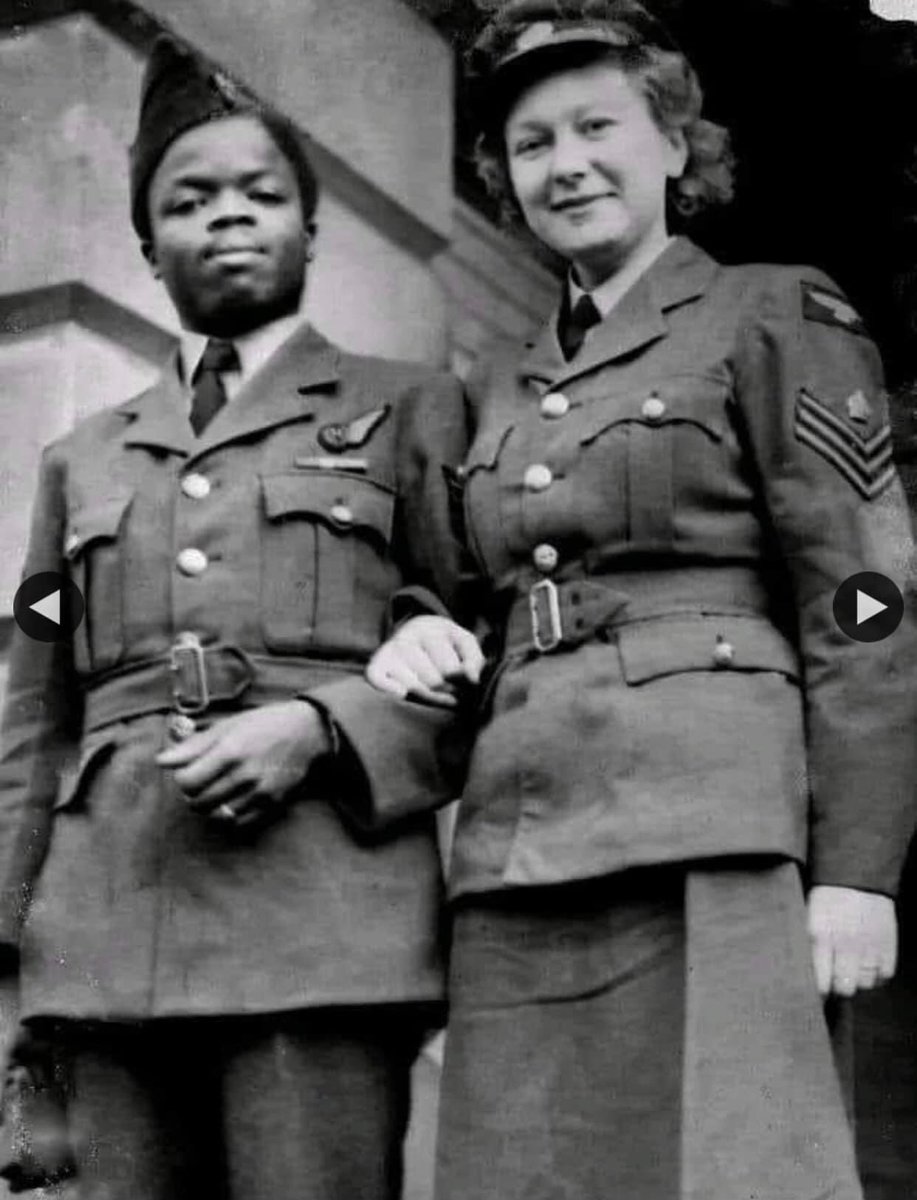
Story Of How Emmanuel Nwude Sold An Airport That Didn't Even Exist To A Bank for $242 million
A THREAD
Retweet to educate someone

A THREAD
Retweet to educate someone
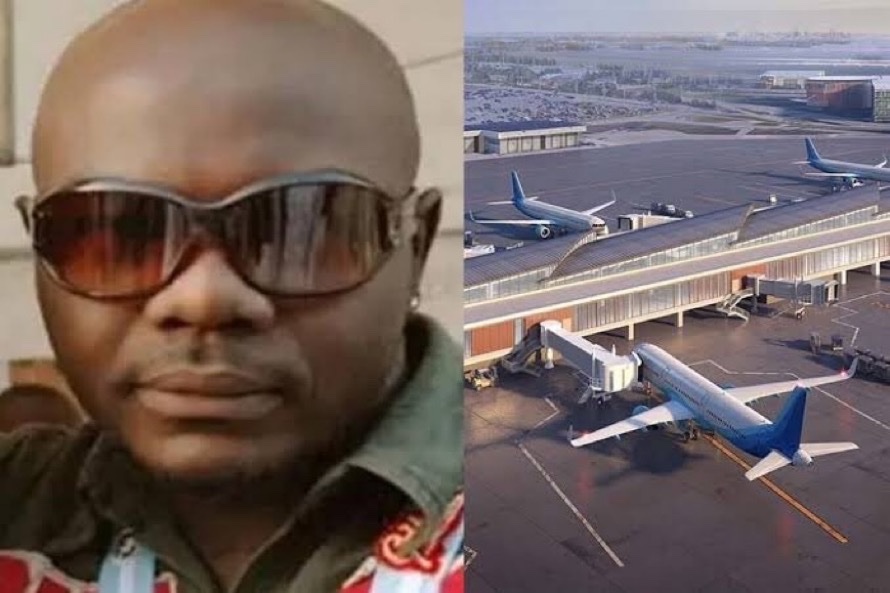
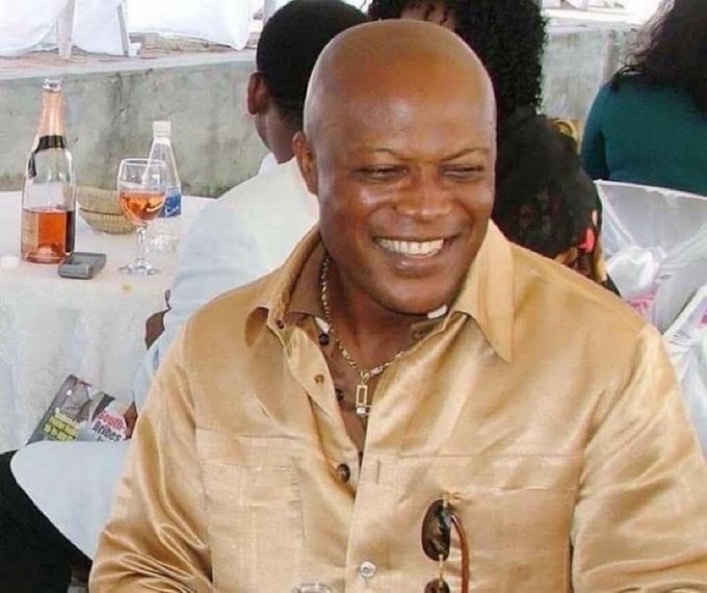
Emmanuel Nwude who committed the largest fraud in
the country by selling a non-existent airport
to a Brazilian for $242 million between 1995 and 1998. The rise of internet fraud commonly known as 419 is one phenomenon Nigeria has come to be associated it.
the country by selling a non-existent airport
to a Brazilian for $242 million between 1995 and 1998. The rise of internet fraud commonly known as 419 is one phenomenon Nigeria has come to be associated it.
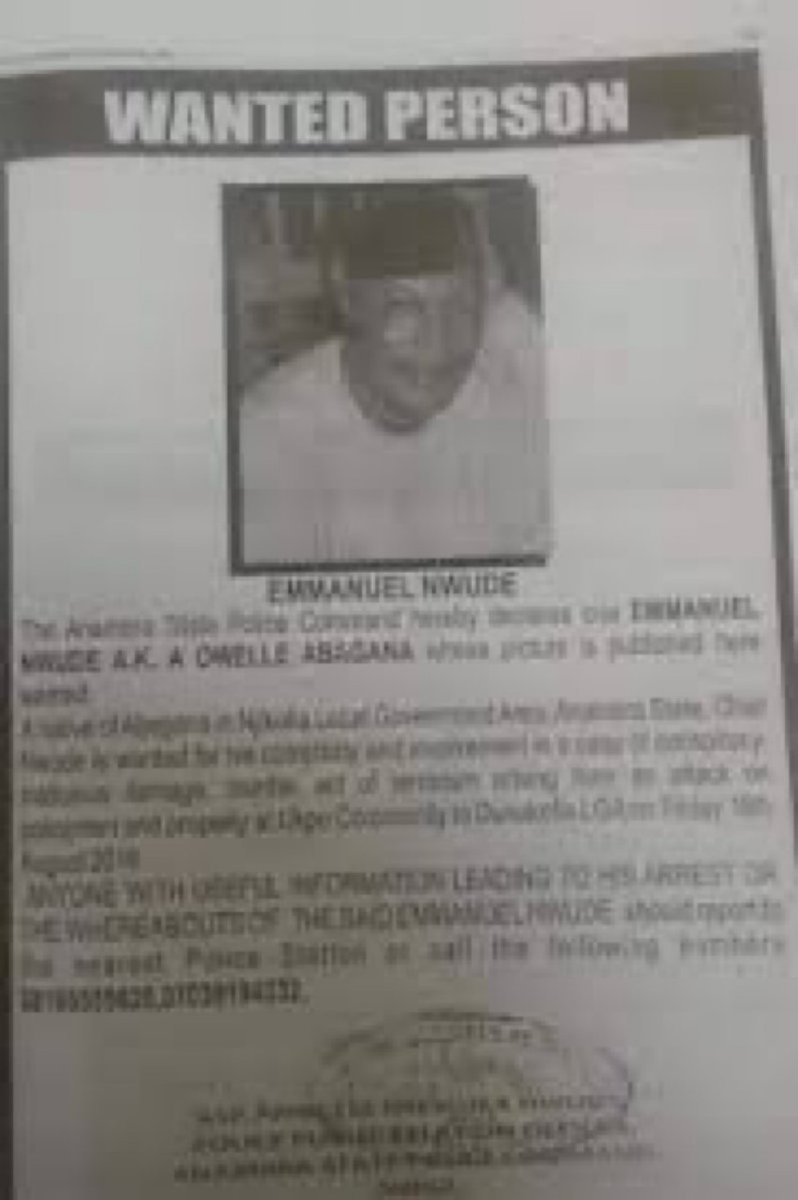
Before internet fraud became a global issue, Nwude had committed one of the biggest scams in the world. Specifically, his fraud was the third largest banking scam in the world after the Nick Leeson's trading losses at Barings Bank, and the looting of the Iraqi Central Bank by..
Qusay Hussein. How was Nwude able to carry out this jaw-dropping scam and convince Nelson Sakaguchi who was the director of the bank to part with so much money for the purchase of an airport? Nwude was a former director of Union Bank of Nigeria and this position made him privy to
some links, information and documents that other persons would not be aware of. He impersonated the then governor of the Central Bank of Nigeria, Paul Ogwuma, and connected with Sakaguchi informing him of a mouth-
watering deal of Nigeria’s plan to build an airport in Abuja.
watering deal of Nigeria’s plan to build an airport in Abuja.

Emmanuel Nwude carried out one of the the biggest banking fraud in the world Nwude, pretending to be the Central Bank of Nigeria governor, told Sakaguchi that he stood of chance of pocketing $10 million commission
when the deal passed through. Sakaguchi paid $191 million in cash
when the deal passed through. Sakaguchi paid $191 million in cash
and the remainder in the form of outstanding interest. Nwude’s accomplices were Emmanuel Ofolue, Nzeribe Okoli, and Obum Osakwe, along with the husband and wife duo, Christian Ikechukwu Anajemba and Amaka Anajemba, with Christian later being assassinated.
The criminal gang was able to convince the director of the Brazilian bank to part with the money. How did Sakaguchi find out he was a victim of one of the largest scam in the
world? In 1997, the Spanish Banco Santander wanted to take over the Banco Noroeste and a joint board
world? In 1997, the Spanish Banco Santander wanted to take over the Banco Noroeste and a joint board
meeting was held in December of that year. Officials of the Spanish bank noted that half of the Brazilian bank’s capital was at Cayman Islands unmonitored. This raised questions as this was two-fifths of Noroeste's total value. Investigation began and was carried out in Brazil,
Britain, Nigeria, Switzerland, and the United States. Although the sale of the Bank still went on as the owners of the bank paid $242 million bill, the nak still collapsed in 2001. The birth of the EFCC In 2002, the then president, Olusegun Obasanjo saw to the establishment of an
anti-graft agency, the Economic and Financial Crimes Commission (EFCC). Nwude’s fraud case one of the first to be investigated and in 2004, all members of the gang were arraigned before an Abuja High Court on 86 counts of "fraudulently seeking advance fees" and 15 counts of..
bribery related to the case . Although they pleaded not guilty, they were warned not to attempt to bribe court officials as it was suspected that money was going round. Nwude has become Nigeria's fraud kingpin after pulling off one of the biggest 'deals' in history In 2005, Amaka
confessed to helping Anajemba and was asked to repay $25.5 million and also sentenced to two and a half
years in prison. Nwude attempted to bribe Nuhu Ribadu, the then chairman of the EFCC, with $75,000 cash but the latter refused and Nwude was charged with attempted
years in prison. Nwude attempted to bribe Nuhu Ribadu, the then chairman of the EFCC, with $75,000 cash but the latter refused and Nwude was charged with attempted
bribery as well as attempt to kidnap a prosecuting witness. Following Sakaguchi's witness, Nwude finally pleaded guilty and was sentenced to five concurrent sentences of five years and was asked to pay 10million dollars as fine to the federal government .He was released in 2006.
Thanks for reading. Follow us @NigeriaStories for more stories
Discover and experience the power of 5G with the TECNO SPARK 10 5G
Get the SPARK 10 5G and enjoy up to 5GB & additional 11GB free data MTN, and watch your online life come alive.
@TECNOMobileNG
#SPARK10Series
#GlowingSelfie
#TECNOxMTN5G


Get the SPARK 10 5G and enjoy up to 5GB & additional 11GB free data MTN, and watch your online life come alive.
@TECNOMobileNG
#SPARK10Series
#GlowingSelfie
#TECNOxMTN5G



• • •
Missing some Tweet in this thread? You can try to
force a refresh


